A great way to round out this Women’s History Month is by picking up a good book and getting lost in a women-led story. Whether you are an experienced reader of feminist philosophy or someone who’s tired of reading about flat female characters written by men, this list of books should have you covered.
“The Complete Persepolis” by Marjane Satrapi
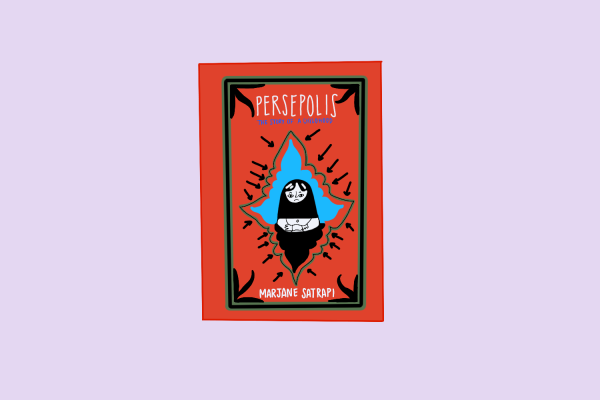
“The Complete Persepolis” is an illustrated memoir set in Iran during the Islamic Revolution of the late 1970s. Marjane Satrapi literally draws a picture of what it was like to grow up in Tehran during the time period. It gives readers insight into the experience of being a woman in Iran and an Iranian immigrant in Europe, offering a valuable perspective of what it’s like to come of age during a time of extreme political unrest.
“The House on Mango Street” by Sandra Cisneros
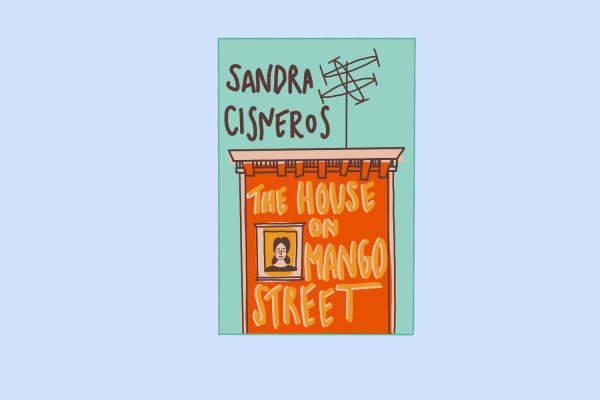
“The House on Mango Street” is a collection of vignettes by Sandra Cisneros. It addresses issues of identity and belonging, while depicting a picture of the patriarchal world and daily prejudices faced by Hispanic women and girls. Throughout the novel, 12-year-old Mexican-American Esperanza finds strength in her identity — a strength she uses to uplift other girls in her Chicago neighborhood. The novel is a wonderful portrait of a girl’s adolescence and intersectional feminism.
“Their Eyes Were Watching God” by Zora Neale Hurston
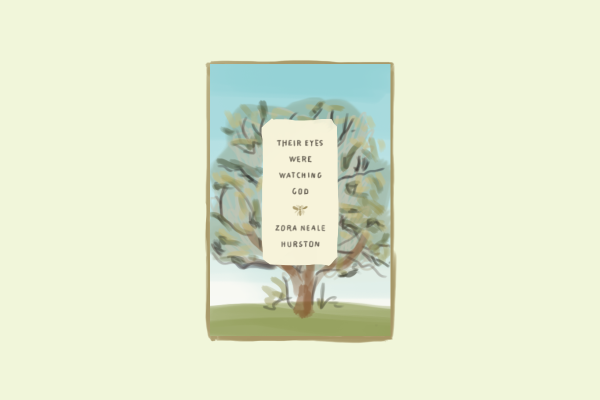
Anything by Zora Neale Hurston is a must read for feminists, but this is especially true of her most-popular work, “Their Eyes Were Watching God.” Published during the Harlem Renaissance, the novel details the life of Janie Mae Crawford, a Black woman living in Florida. Throughout the book, readers are brought through Janie’s multiple marriages, following along in her quest for independence. By exploring relationships between men and women in the novel, Hurston fosters a discussion on power, self-fulfillment and gender roles.
“Homegoing” by Yaa Gyasi
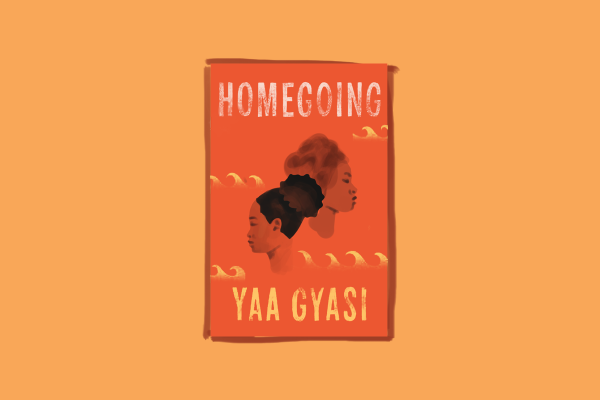
“Homegoing” is a decadeslong odyssey of family, sisterhood and memory. Gyasi’s novel switches narrative perspectives every chapter, following the lives of the descendants of two half-sisters — one whose family remains in Ghana, and the other who is sold into slavery in America. Gyasi positions women as the backbone of societies, telling a story spanning various time periods and geographical locations. She also raises questions about who gets to be remembered in history, discussing how we construct and perceive identities as a whole.
“The Woman Warrior: Memoirs of a Girlhood Among Ghosts” by Maxine Hong Kingston
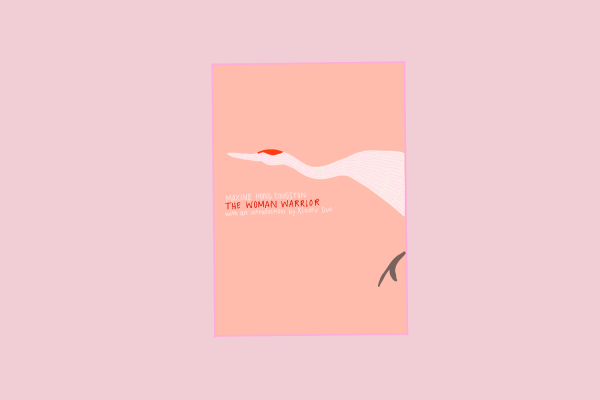
Maxine Hong Kingston’s “The Woman Warrior” is a collection of memories, serving as an investigation into Kingston’s own identity as a Chinese-American woman growing up in California. She pieces together her familial memories, cultural legends and current experiences in the United States, presenting an in-depth look at the pains, prejudices and triumphs that have formed her perception of herself. Through this mixture of her own autobiographical accounts and Chinese folklore, Kingston truly questions what it means to be a woman.
“Sexual Politics” by Kate Millett
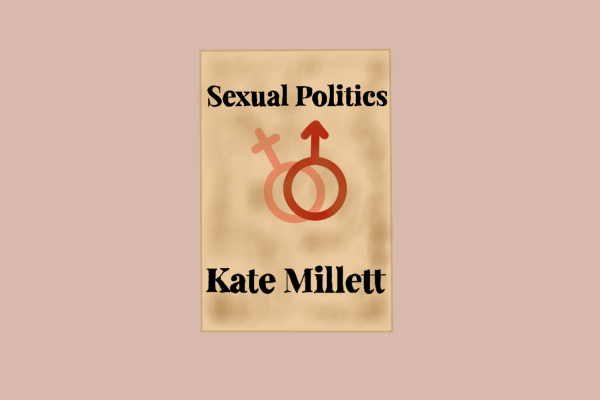
If you have ever read Norman Mailer or Henry Miller or any of those other classic Western male authors and thought, “this is a pretty good book, but I feel like they lowkey hate women,” you’re not alone. The same thought is what drove Kate Millett to write this dissertation-turned-classic-novel. Millett argues for a radical shift in the role women play in both literature and society at large. She calls for sexual liberation, especially for those who are told their sexuality is unnatural, as well as a complete shift in the ideologies that lead to male dominance. These include the ways we view sexuality and power, how children are raised, and our very definition of what is normal. Once called “The Bible of Women’s Liberation” by the New York Times, this book is a must read this month.
Contact Camryn Loor at [email protected].
























































































































































